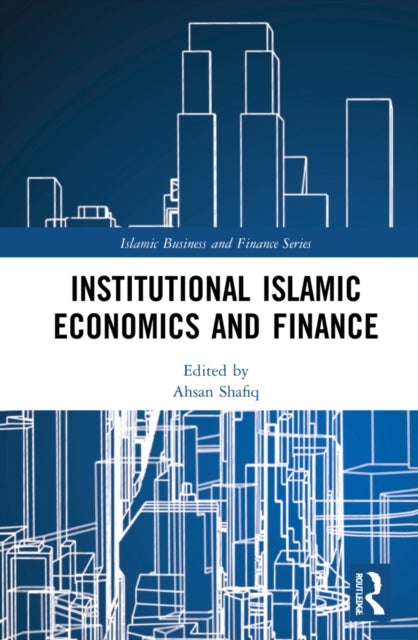
Institutional Islamic Economics and Finance
1759,-
<P>Institutional economics claims that institutions and policies rather than the size of labour force, technology or capital investment are pivotal for growth or under-development. In this regard there are two kinds of institutions: external institutions expressed in the form of laws, organisations, regulations, companies, banks and the like and internal institutions, which are found in the hearts and consciences of individuals.</P><P>Against this backdrop, this book acquaints readers with the basic concepts related to institutional economics. It then brings to light the theoretical concepts related to the institutional perspectives on Islamic economics, particularly highlighting areas where Islamic economic institutions lay at the crossroads with conventional ones. The book also ref lects upon the organisational arrangements that comply with the basic tenets of Islamic institutional economics. Further, it brings a collection of real-world case studies into discussion to show the model








